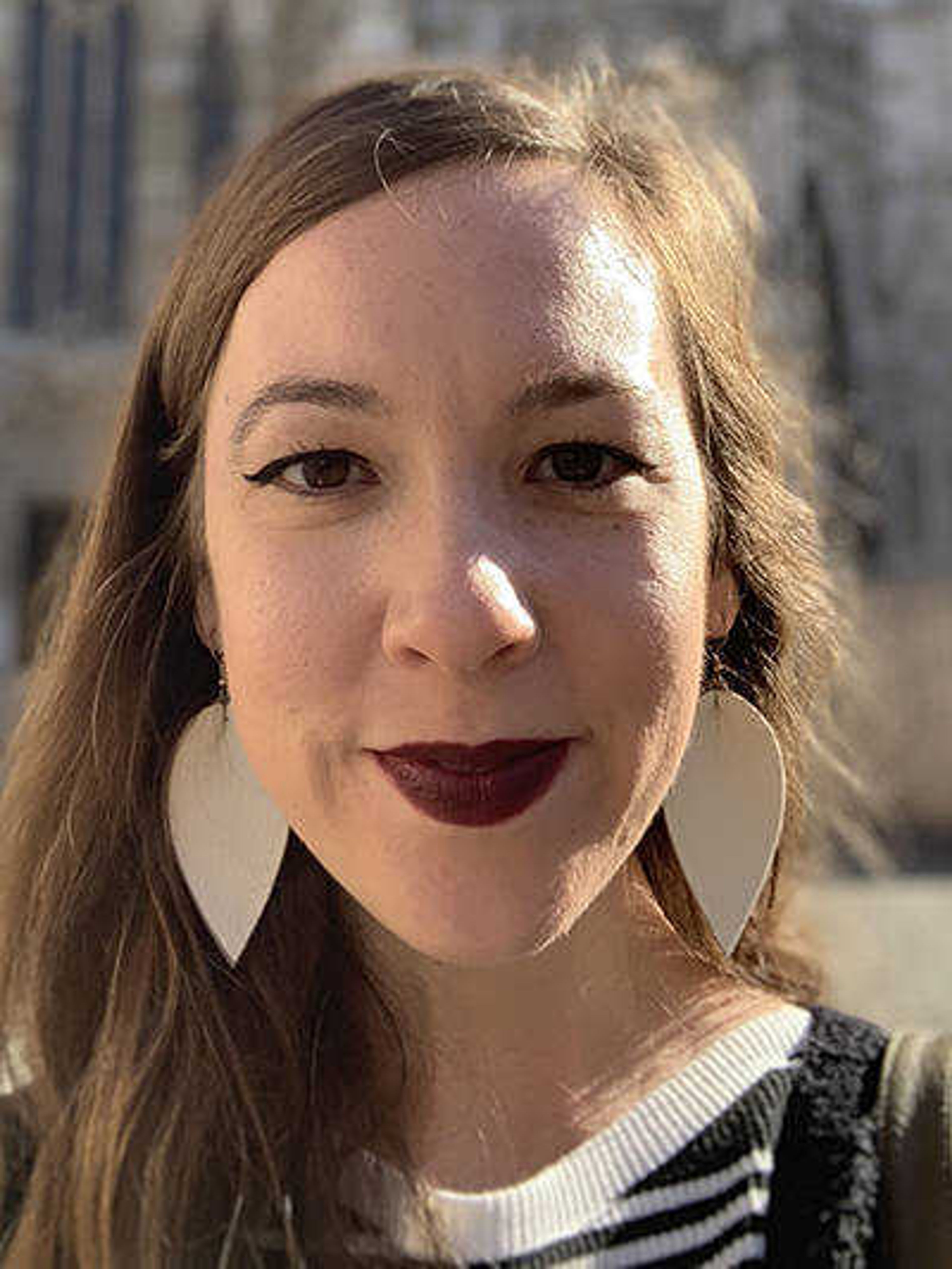Living in the present
It can be easy to get caught up in making plans for the future as a way to try to understand it, as a way to escape from the present, as a way to feel we know our purpose and can adhere to it. It can also be easy to make mapping out a plan for the future more difficult than it needs to be, focusing on understanding "God's will" in a way that distracts us from doing God's will in the present moment...
By Mia Pohlman
It can be easy to get caught up in making plans for the future as a way to try to understand it, as a way to escape from the present, as a way to feel we know our purpose and can adhere to it. It can also be easy to make mapping out a plan for the future more difficult than it needs to be, focusing on understanding "God's will" in a way that distracts us from doing God's will in the present moment.
God's will in the present actually turns out to be pretty simple: just love God and love people.
It's a reminder Jean-Pierre de Caussade, a French Jesuit priest and writer, reminds us of in his book "Abandonment to Divine Providence." He quotes Ecclesiastes 12:13: "Fear God, and keep the commandments; for this is the whole duty of man." De Caussade goes on to write, "That is to say -- this is all that is required on the part of man, and it is in this that active fidelity consists. If man fulfills his part, God will do the rest."
Standing in wonder before God and keeping the commandments -- I think it's something we are more attuned to when we are focused on the present moment, and when we expect God to be in it. When we are open, God can direct us to a person or situation who might need to be reminded of God's love right now, and then we can be the one to love them.
It's something we see time and time again throughout Scripture: ordinary people going about their routine lives, obedient to God within the confines of their day-to-day. Out of nowhere, God brings God's self into their life in a very obvious way, making clear what God is asking them to do.
Take Moses, for example. In Exodus chapter 3, he's left Egypt and settled down to a quiet life in the countryside. He's tending his father-in-law's flock faithfully when he sees a bush on fire that's not being consumed. His curiosity, a natural part of his personality, leads him over to the bush to see what's happening. It is there that God introduces God's self.
And guess what God wants to be called? The God of the present: I AM.
Maybe God isn't setting bushes on fire without burning them these days, but I do believe God speaks to each of our specific hearts in ways we uniquely understand. What makes something clear to someone else may not be what makes something clear to me, but I can trust God knows my unique heart and how to communicate with me in a way that will help me understand. For Moses, it was a burning bush. For me and for you, it's something we will understand, if we are open.
For those times when we don't get what our present moment is for, de Caussade writes, "Perfection consists in doing the will of God, not in understanding his designs."
So in the meantime, we just need to tend the flock, so to speak. To be attuned to God and the people right here in the present moment, lovingly faithful in what seems small, normal, routine.
Connect with the Southeast Missourian Newsroom:
For corrections to this story or other insights for the editor, click here. To submit a letter to the editor, click here. To learn about the Southeast Missourian’s AI Policy, click here.









